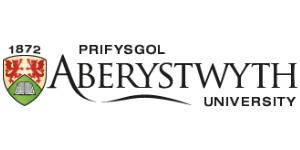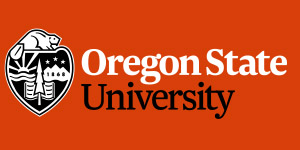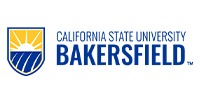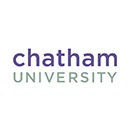Programme Type: Undergraduate
Course Overview
Over the three years, you will learn how to respond safely and effectively in emergency and non-emergency situations. You will develop skills of assessment, diagnosis, management, and treatment of people. Your learning will be underpinned by evidence. Topics in the course include: biological sciences, management of health and illness, communication skills, person-centered practice, leadership, and management. We will help you to develop as a critically-thinking, reflective professional who is able to work independently or part of a team.
Year One will introduce you to some key theories and principles of clinical assessment and decision making in paramedic practice. You will develop key paramedic skills which are important for practice-based learning and the paramedic profession, and will be able to apply theory to practice. A sound understanding of anatomy and physiology is an important part of paramedic knowledge and the Physiology module will introduce you to the human body and its functions to enable you to assess and diagnose in the future.
You will also learn about the key principles of searching, sourcing and using information at university as well as academic writing and critical thinking skills. You will also develop strategies that support your personal and professional development. Year One also includes practice-based learning with the Scottish ambulance service and other clinical environments e.g. Hospital, care homes and third sector.
In Year Two you will gain knowledge about medications and their actions to help you develop an understanding of how and why paramedics use medications in the prehospital environment. You will build on knowledge gained in Year One to further develop your approach to clinical assessment and decision making.
Part of the evolving paramedic role involves empowering others to live well and make positive changes to their health and the Behaviour Change module will help you to develop skills in communication and health coaching for supporting behaviour change, health and well-being of individuals and groups.
You will enhance and extend your repertoire of skills for paramedic practice introduced in Year One and develop further confidence and competence in the application of professional skills for safe, effective and person-centred paramedic practice under minimal supervision.
You will carry out further Paramedic Practice-based Learning.
The Managing Complexity in Paramedic Practice module is a core paramedic module in Year Three and will prepare you to manage clinical challenges autonomously, safely and effectively in complex, unfamiliar or unpredictable circumstances within the scope of paramedic practice.
You will carry out further practice-based learning within the clinical setting and will enable you to consolidate your knowledge and clinical skills in preparation for autonomous paramedic practice following registration.
Following registration paramedics will be required to support junior and unqualified colleagues and to lead and develop practice. The Being a Person-centred Practitioner module will help you to critically and creatively facilitate practice and lead within the context of health and social care.
You will also develop an in-depth understanding of approaches to research, to apply knowledge in order to critically appraise evidence and to form reasoned conclusions required for graduate-level thinking.
Entry Requirement
Academic Requirements:
Scottish Higher: Standard - BBBB, Minimum - BBCC
A Level: BCC
Irish Leaving Certificate: H2, H2, H3, H3
Required subjects: To include Human Biology or Biology and a discursive subject, such as English, History, RMPS, Modern Studies, Philosophy at Higher/ A Level. Also, English and Maths required and second science preferred at Nat 5/GCSE if not studied at a Higher level.
International: IELTS of 7.0 with no component lower than 6.5
Mature/Access: We welcome applications from mature students with relevant qualifications or experience.
Other Requirements:
- Applicants will be required to take part in an interview.
- A satisfactory criminal record is required.
- The requirements of employment and standards of proficiency require applicants to demonstrate good health and that they can meet the physical requirements of the role of a paramedic.
- Within the personal statement, we look for applicants to demonstrate problem-solving skills, leadership ability, and inclusive attitudes showing an understanding of the role of a paramedic working with vulnerable people in challenging and hazardous environments.
Other information:
- It is strongly recommended that you hold a full driving license and you would be encouraged to obtain the category C1 entitlement before completing your studies.
Fees
Full Time (FT) Fees
Home/EU (FT): £1820
RUK (FT): £9250
International (FT): £14500
This information was accurate on : 17/04/2021
Please contact us for more information about this courses


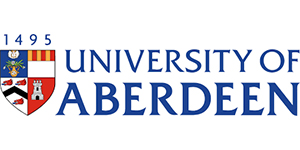
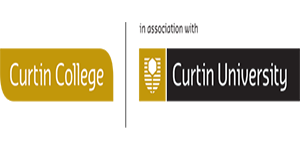
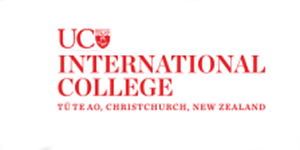
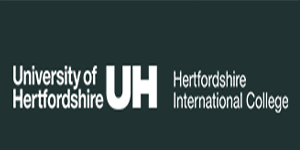
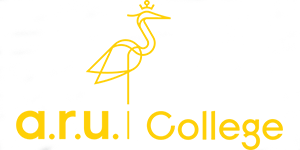




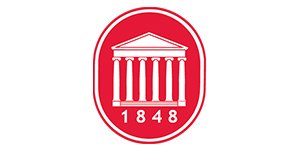
.jpg)
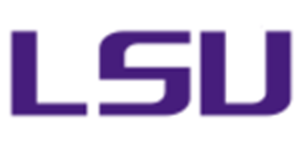
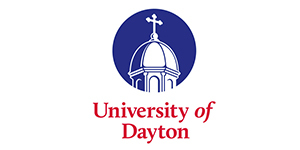
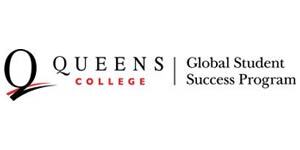
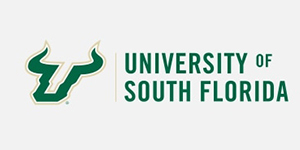
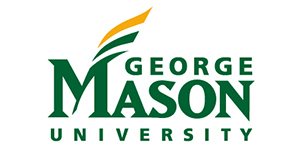

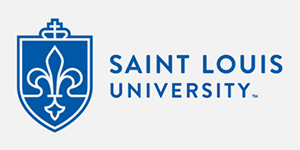

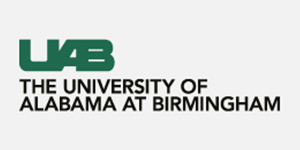
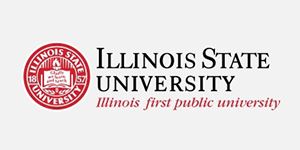
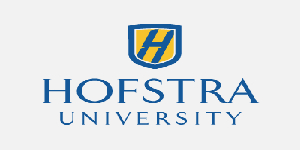
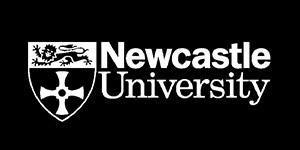
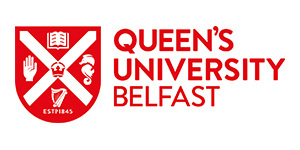

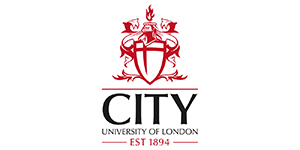





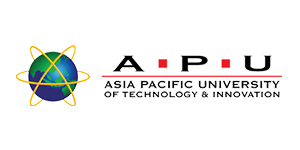

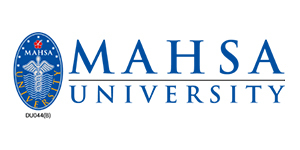


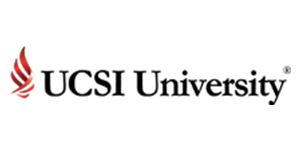
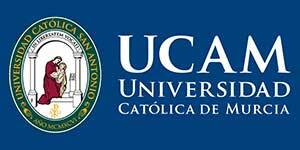

.jpg)

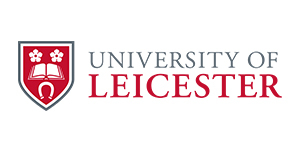
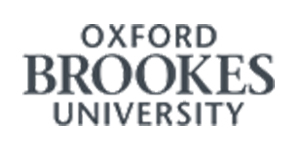

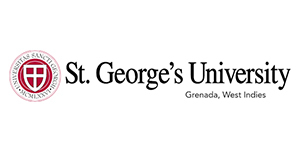




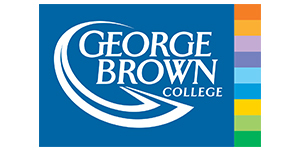
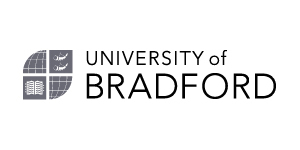



.jpg)
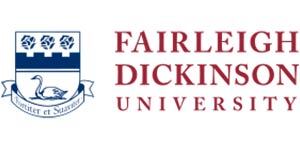


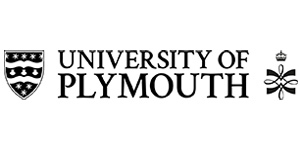

.jpg)
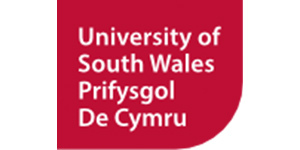

.jpg)
.jpg)
